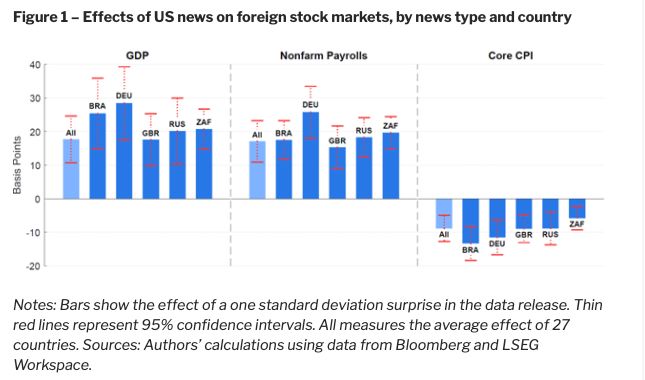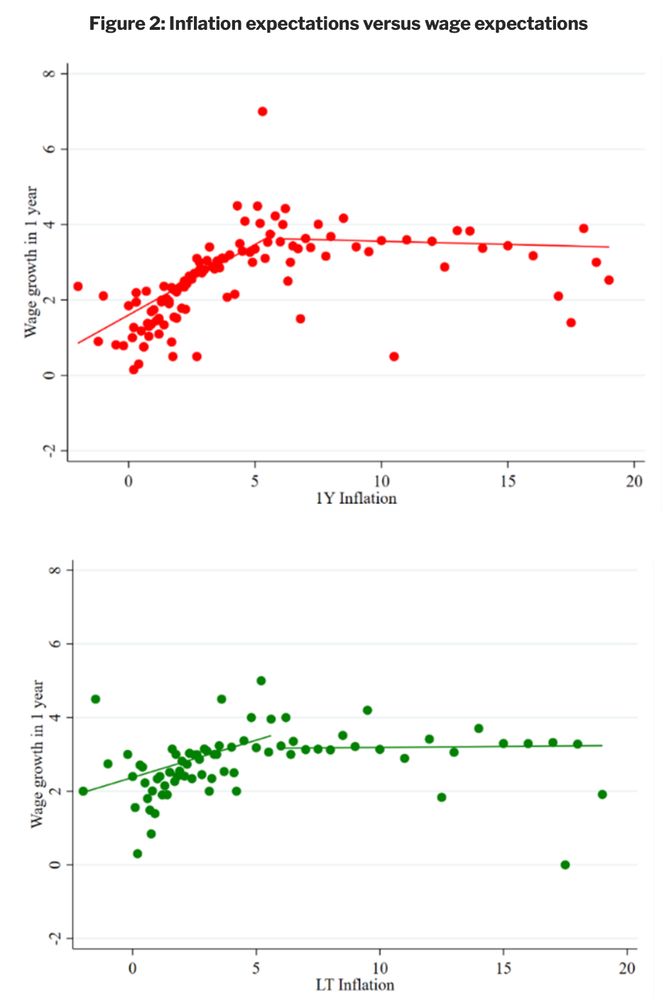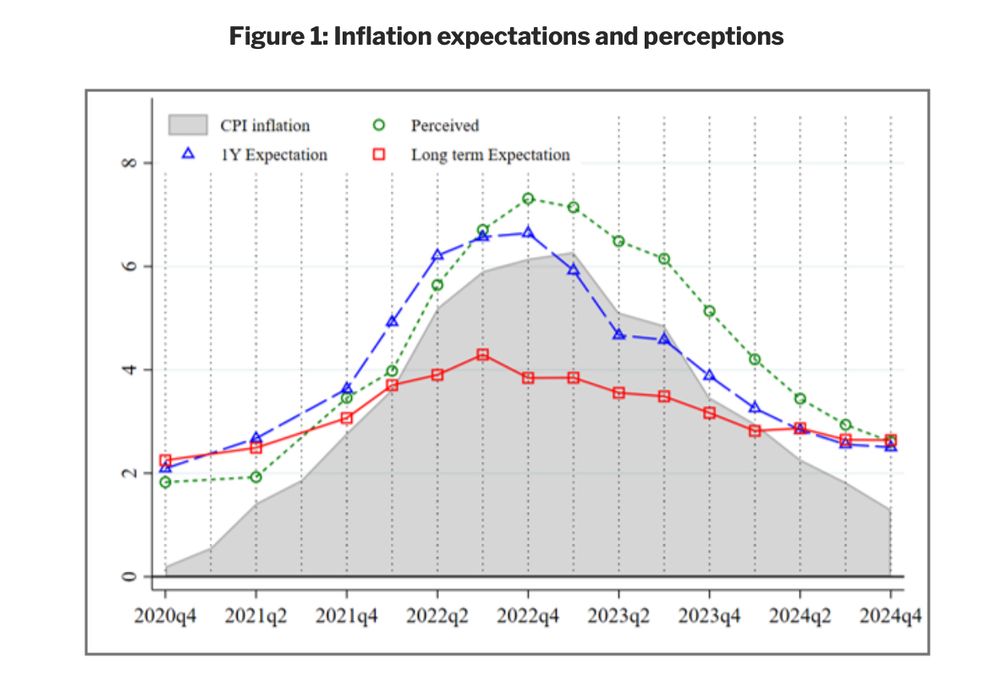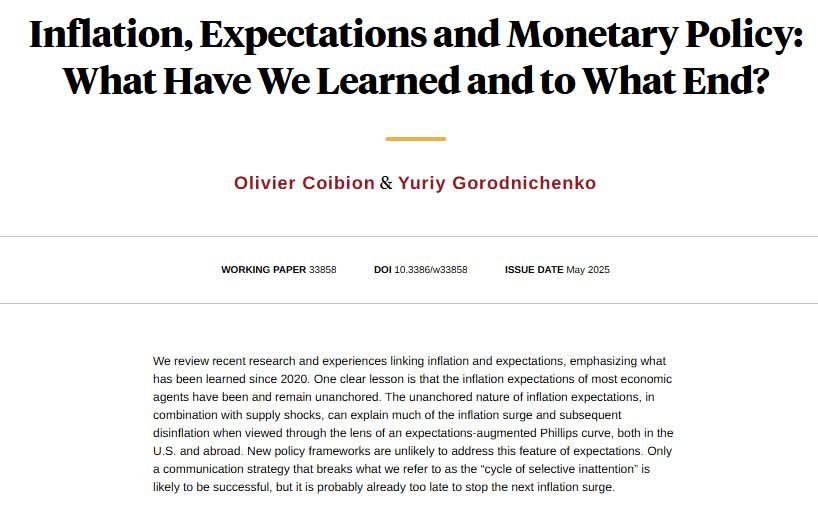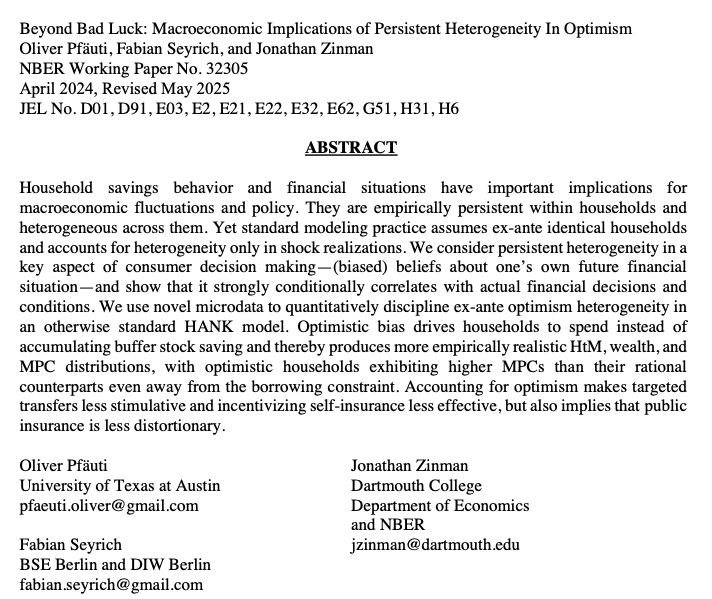Empirical Macroeconomics Policy Center of Texas
@empctmacrotx.bsky.social
340 followers
280 following
61 posts
Empirical Macroeconomics Policy Center of Texas (EMPCT): empirical macroeconomic research for academia, policy, the media and the public
https://sites.utexas.edu/macro/
Posts
Media
Videos
Starter Packs
Reposted by Empirical Macroeconomics Policy Center of Texas
Reposted by Empirical Macroeconomics Policy Center of Texas
Reposted by Empirical Macroeconomics Policy Center of Texas






